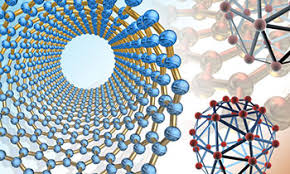Mechanical and Materials Engineering, Department of

Department of Mechanical and Materials Engineering: Faculty Publications
Document Type
Article
Date of this Version
12-8-2021
Citation
Medicine in Novel Technology and Devices 13 (2022) 100107. https://doi.org/10.1016/j.medntd.2021.100107
Abstract
Mechanical stimulation has been imposed on living cells using several approaches. Most early investigations were conducted on groups of cells, utilizing techniques such as substrate deformation and flow-induced shear. To investigate the properties of cells individually, many conventional techniques were utilized, such as AFM, optical traps/optical tweezers, magnetic beads, and micropipette aspiration. In specific mechanical interrogations, microelectro- mechanical systems (MEMS) have been designed to probe single cells in different interrogation modes. To exert loads on the cells, these devices often comprise piezo-electric driven actuators that attach directly to the cell or move a structure on which cells are attached. Uniaxial and biaxial pullers, micropillars, and cantilever beams are examples of MEMS devices. In this review, the methodologies to analyze single cell activity under external loads using microfabricated devices will be examined. We will focus on the mechanical interrogation in three different regimes: compression, traction, and tension, and discuss different microfabricated platforms designed for these purposes.
Included in
Mechanics of Materials Commons, Nanoscience and Nanotechnology Commons, Other Engineering Science and Materials Commons, Other Mechanical Engineering Commons


Comments
Open access